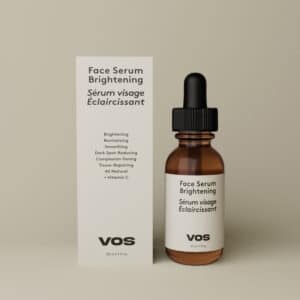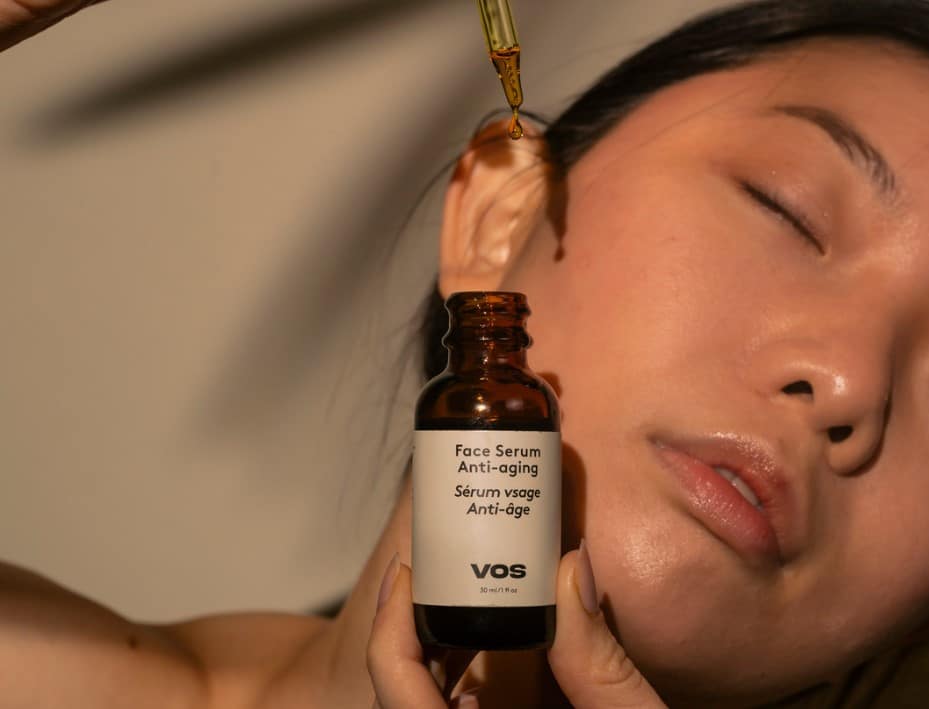Winter can be harsh on your skin, leaving it dry, irritated, and vulnerable to damage. Incorporating the right face serum into your skincare routine is essential for maintaining healthy, hydrated skin during the colder months. In this guide, we will explore how face serums work, the key ingredients to look for, and how to build an effective winter skincare routine to protect your skin.
Understanding Winter Skin Damage
Cold weather, low humidity, and indoor heating can strip your skin of its natural moisture, leading to dryness and irritation. Without proper care, your skin may experience:
- Dehydration: A lack of moisture can cause tightness and flaking.
- Redness and irritation: Sensitive skin may react to temperature changes.
- Increased sensitivity: The skin barrier weakens, making it prone to damage.
- Premature aging: Fine lines and wrinkles may appear more prominent due to dryness.
To combat these effects, it’s essential to tailor your skincare routine for winter and include a hydrating and nourishing face serum.

Why a Face Serum is Essential in Winter
Face serums are concentrated formulations designed to deliver active ingredients deep into the skin. Unlike creams or lotions, serums have a lightweight texture that allows for better absorption. During winter, the right serum can:
- Replenish lost moisture.
- Strengthen the skin’s natural barrier.
- Reduce inflammation and redness.
- Boost skin’s resilience against environmental stressors.
Key Ingredients to Look for in a Winter Face Serum
When selecting a serum for your winter skincare routine, prioritize ingredients that hydrate, repair, and protect. Here are some must-haves:
Hyaluronic Acid
- A powerful humectant that attracts and retains moisture, keeping your skin hydrated and plump.
Vitamin C
- An antioxidant that brightens the skin and protects against free radical damage.
Ceramides
- Essential for restoring the skin’s barrier and preventing moisture loss.
Niacinamide
- Soothes inflammation, reduces redness, and strengthens the skin.
Glycerin
- Another effective humectant that locks in moisture and prevents dryness.
Peptides
- Promote skin repair and collagen production, improving elasticity.
Building a Winter Skincare Routine with a Face Serum
An effective winter skincare routine includes cleansing, hydrating, and protecting your skin. Follow these steps to prevent winter skin damage:
Step 1: Gentle Cleansing
- Use a mild, hydrating cleanser to remove impurities without stripping your skin of natural oils. Avoid foaming cleansers that can be too harsh during winter.
Step 2: Toning
- Apply an alcohol-free toner to restore your skin’s pH balance and prepare it for better serum absorption.
Step 3: Applying the Face Serum
- Dispense a few drops of the serum into your palms and gently press it onto your face and neck. Focus on areas prone to dryness, such as your cheeks and forehead.
Step 4: Moisturizing
- Seal in the serum with a rich, nourishing moisturizer to create a protective barrier and lock in hydration.
Step 5: Sun Protection
- Even in winter, UV rays can damage your skin. Use a broad-spectrum sunscreen with SPF 30 or higher as the final step in your routine.
Tips for Maximizing the Benefits of Your Face Serum
To get the most out of your face serum during winter:
- Use it consistently: Apply your serum morning and night for optimal results.
- Layer correctly: Apply the serum before heavier products like moisturizers to ensure better absorption.
- Don’t skip hydration: Drink plenty of water to support your skin’s hydration from within.
- Avoid hot showers: Hot water can strip your skin of moisture, so stick to lukewarm baths and showers.
How to Choose the Right Face Serum for Your Skin Type
Your skin type plays a crucial role in determining the best serum for you:
Dry Skin
- Look for serums with hyaluronic acid, ceramides, and glycerin to deeply hydrate and restore moisture.
Oily Skin
- Opt for lightweight, non-comedogenic serums with niacinamide to control excess oil and soothe inflammation.
Sensitive Skin
- Choose calming ingredients like chamomile, aloe vera, and niacinamide to reduce redness and irritation.
Combination Skin
- A balanced serum with a mix of hydrating and mattifying ingredients works best for combination skin.
Conclusion
Winter skincare requires extra attention to keep your skin healthy and protected. Incorporating the right face serum into your skincare routine can make a significant difference in preventing dryness, irritation, and other signs of winter skin damage. By understanding your skin’s needs and choosing serums with effective ingredients, you can maintain a glowing complexion throughout the colder months.
Take the time to build a skincare routine tailored to the winter season, and your skin will thank you. Remember, consistency is key to achieving the best results.






